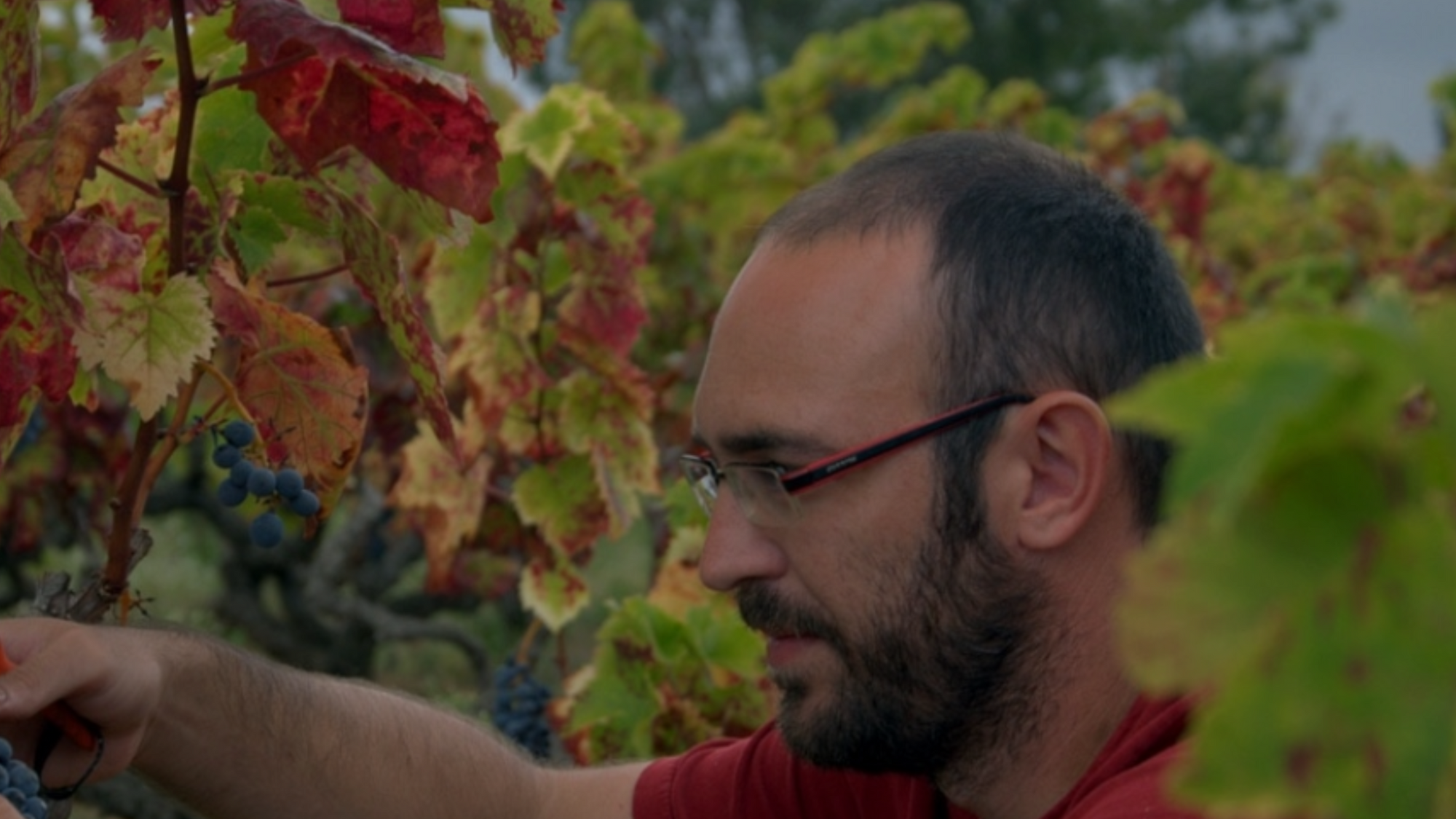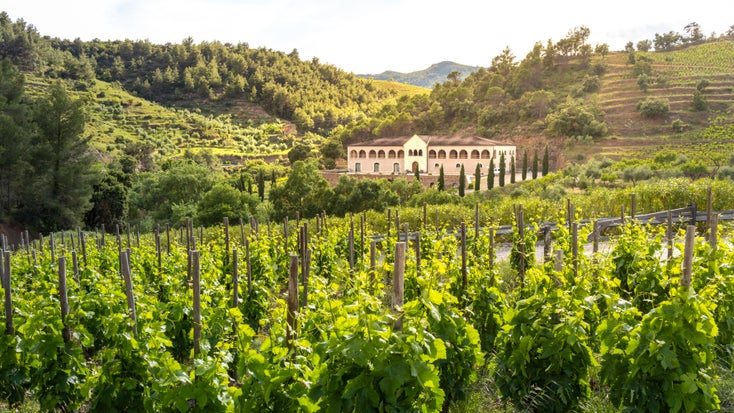Catalunya, a region steeped in history and culture, is also making waves in the world of natural wine. Situated in northeastern Spain, this diverse wine region encompasses a range of terroirs, from the rugged coastline of the Costa Brava to the mountainous terrain of Priorat and the rolling hills of Penedès. Natural winemakers in Catalunya are passionate about expressing the unique character of their land through sustainable and organic practices. They often work with native grape varieties such as Garnacha, Carinyena, and Xarel·lo, allowing them to thrive without chemical intervention. The resulting wines are vibrant and full of personality, with a focus on purity and freshness. Reds from regions like Priorat and Montsant are known for their bold flavors and mineral complexity, while whites from Penedès and Terra Alta exhibit crisp acidity and delicate fruit notes. In Catalunya, natural winemaking is more than just a trend; it's a reflection of the region's deep connection to its land and heritage, producing wines that are as dynamic and captivating as the landscapes that inspire them.



















